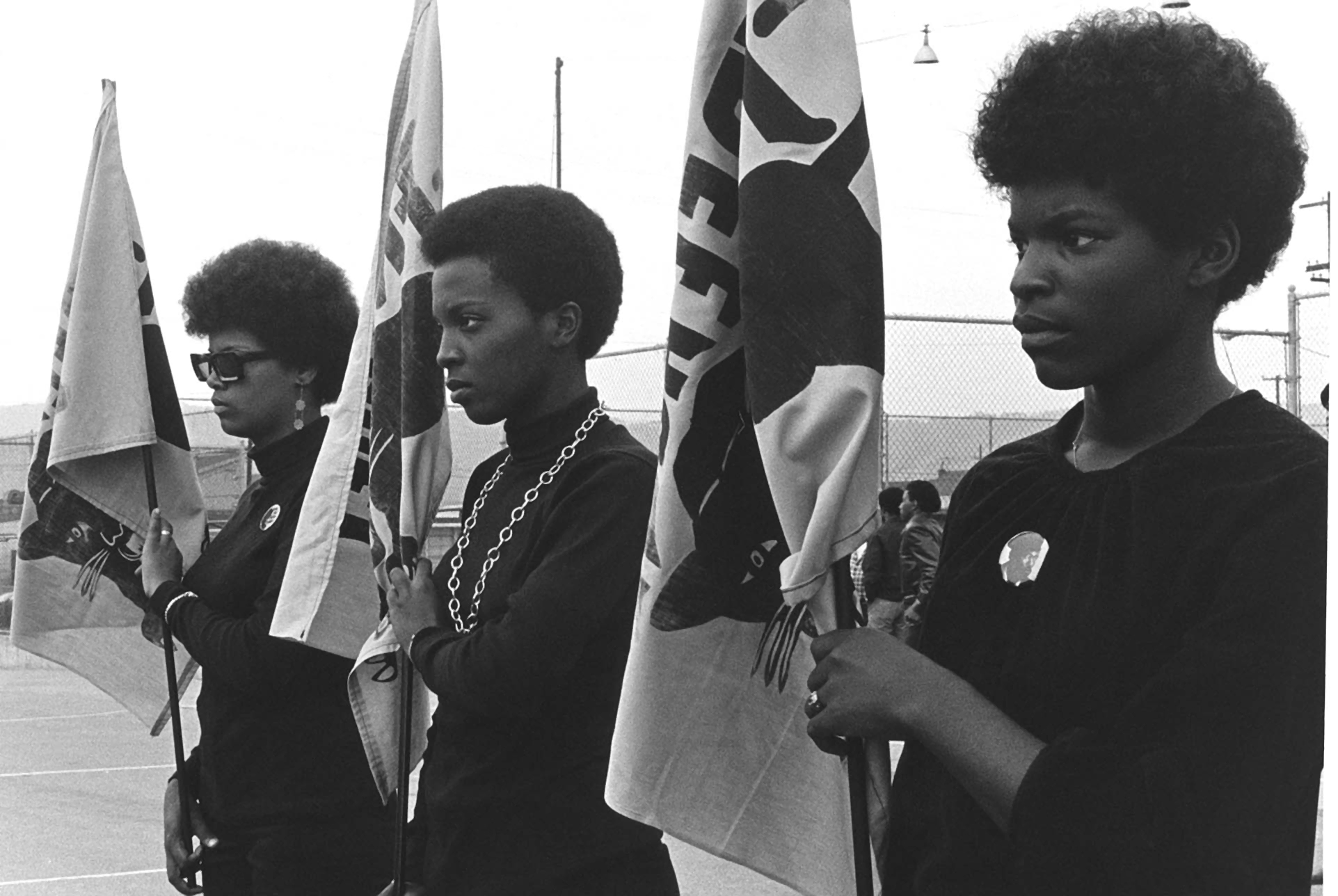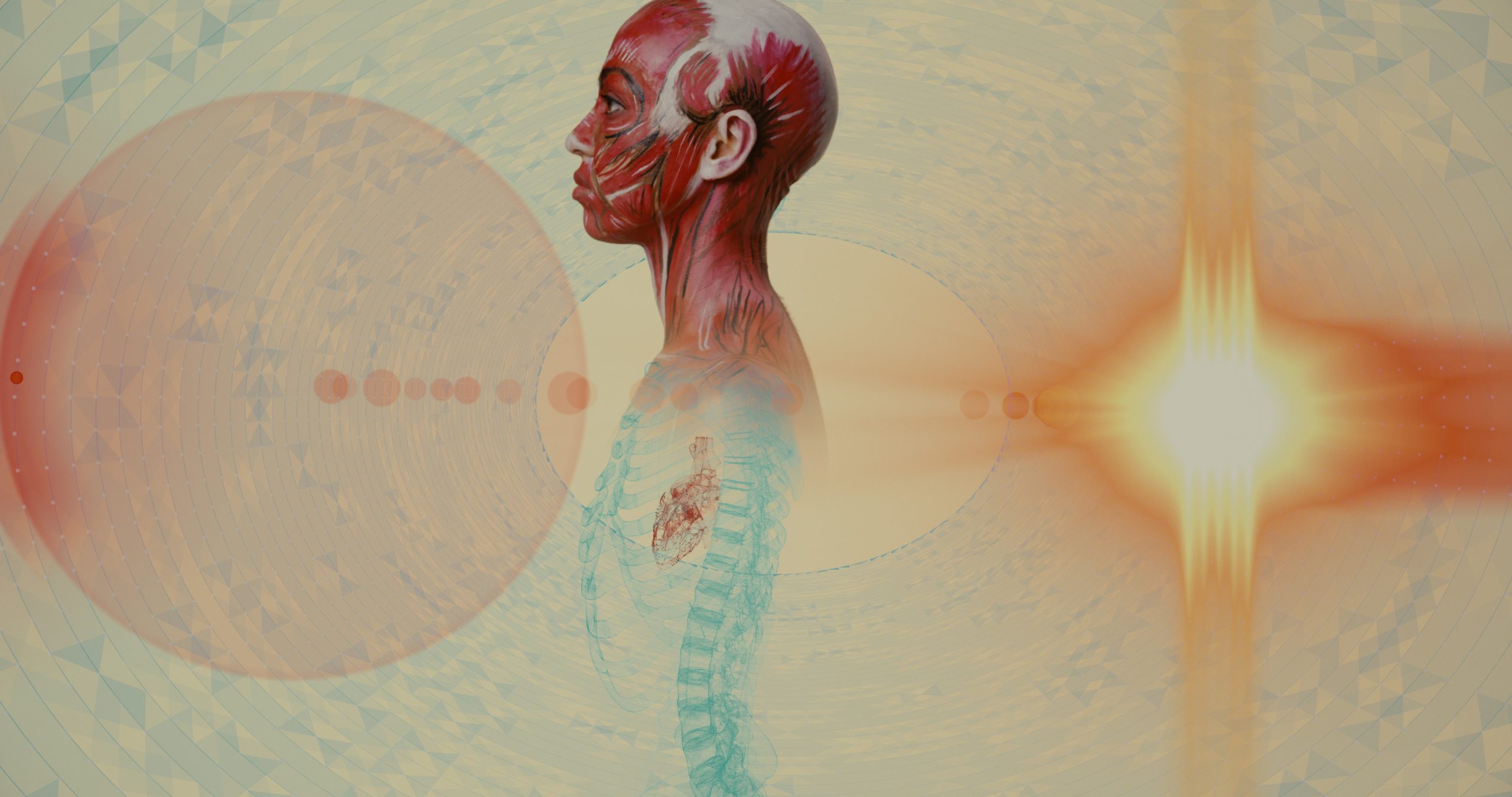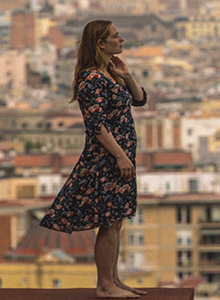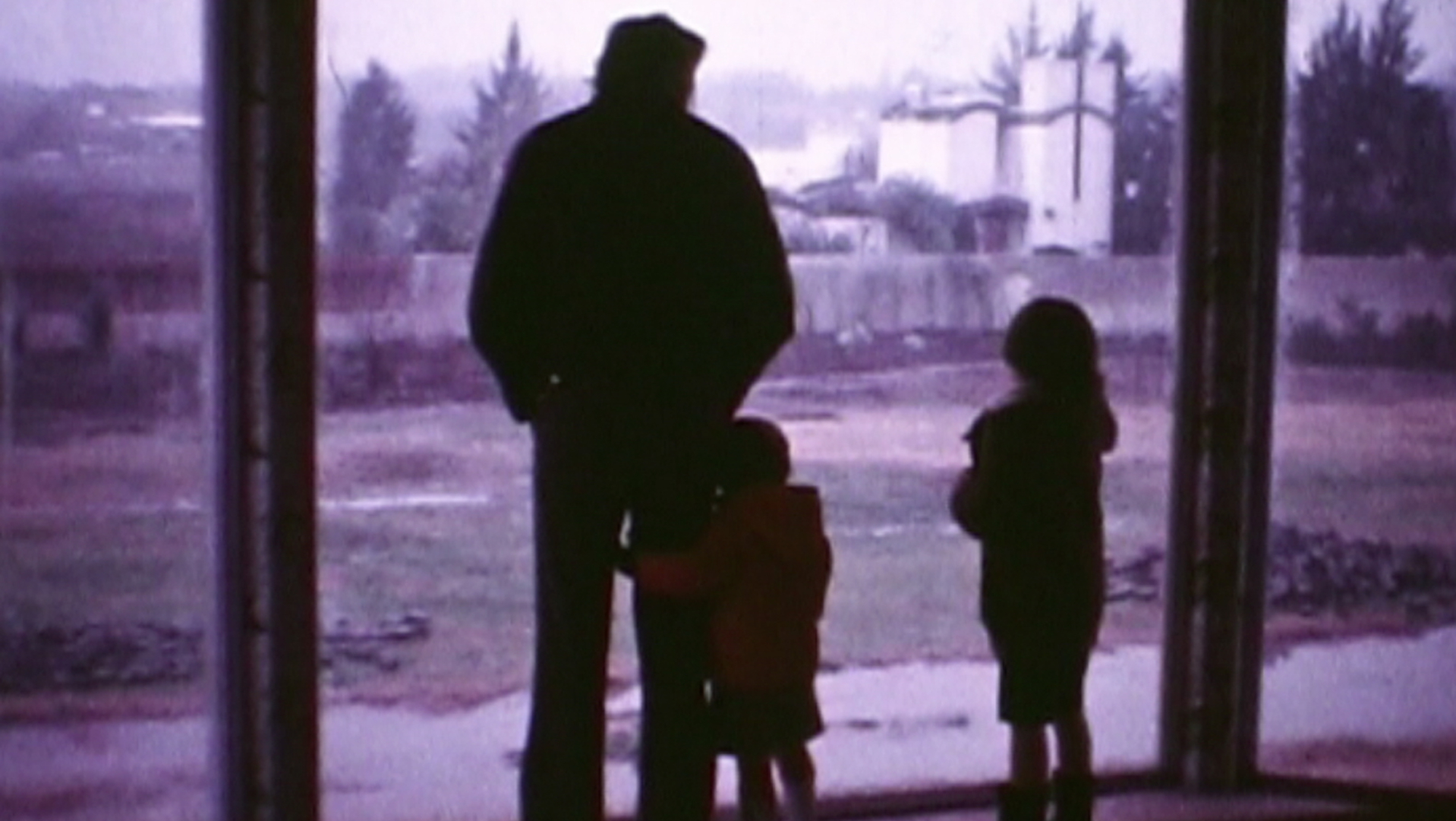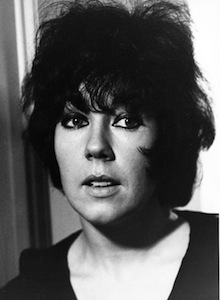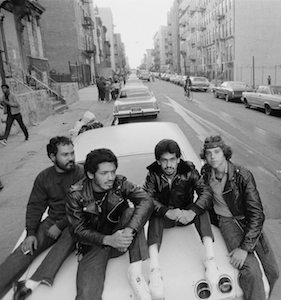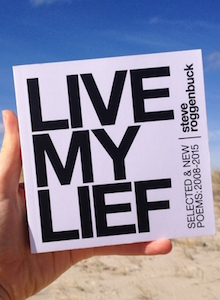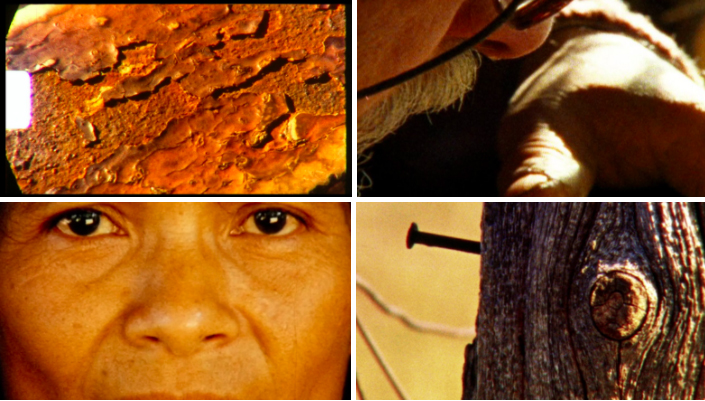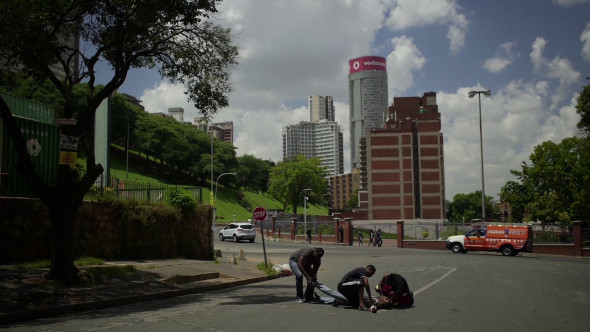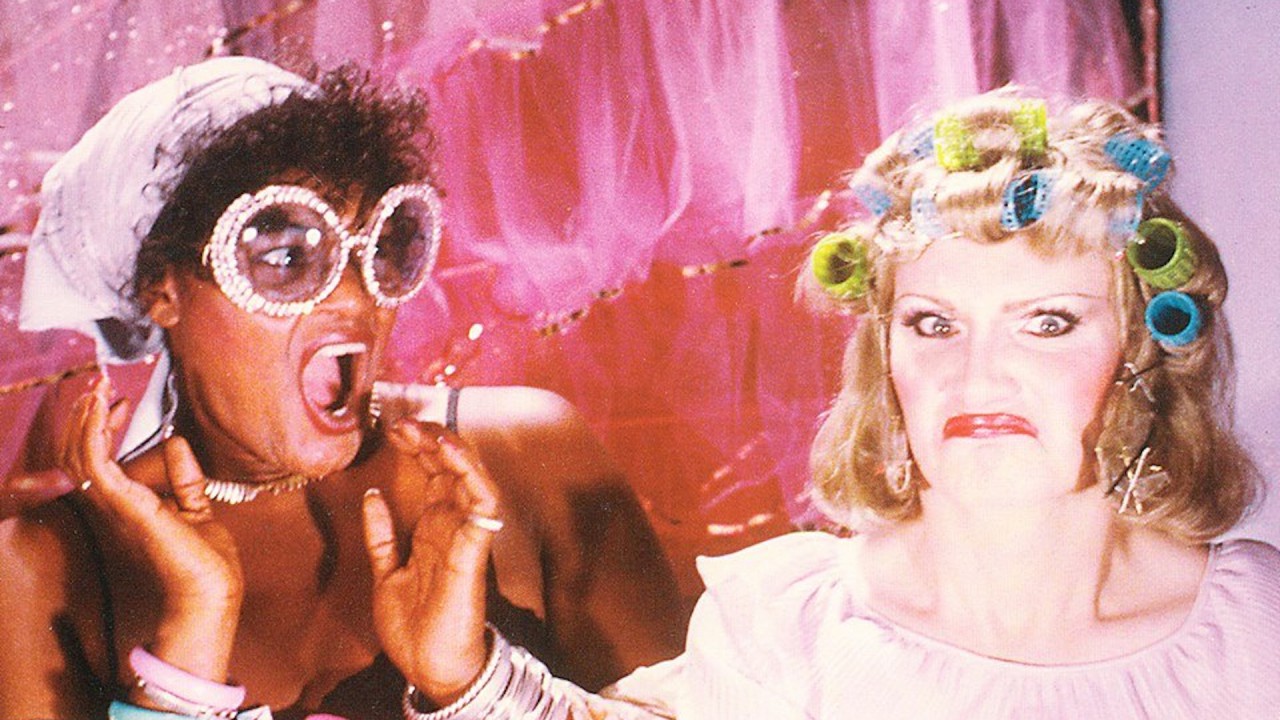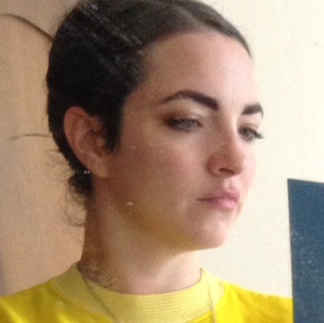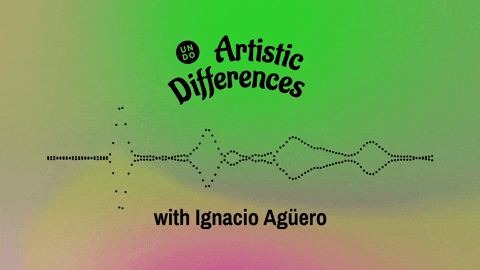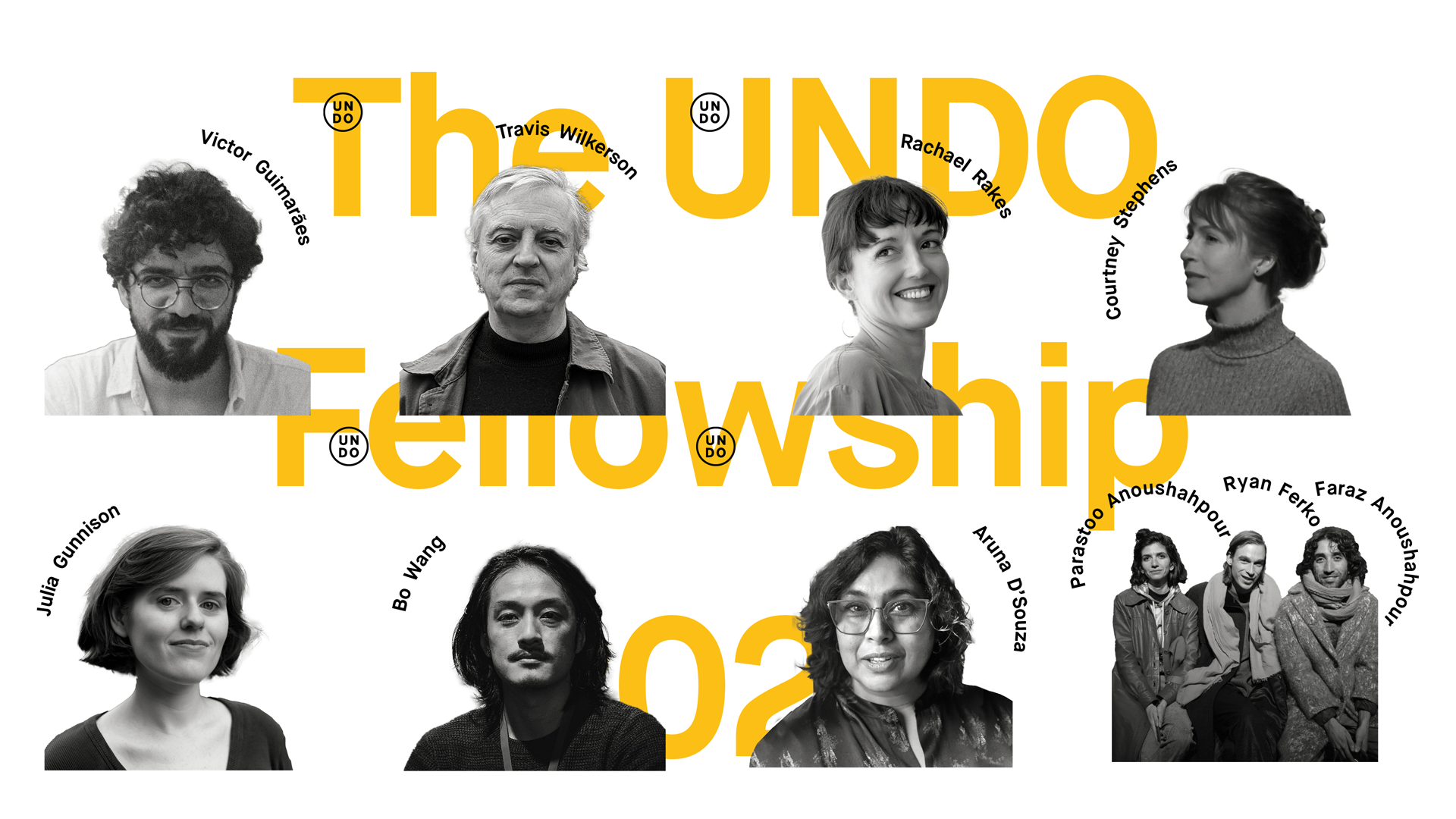Loading view.
Find artists, projects, and media by keyword.
Peek in the window of our bustling building in NYC and tune into the ideas and energy bubbling up from the UNDO Center.
Tune into cutting-edge, powerful and poetic documentary programs and connect to conversations with the artists and thinkers passing through.
Now available at the Apple Store.
ANNUALLY
Keep it simple and save. Unlimited access to our sweet offerings for a reduced, annual fee and receive some added benefits.
LOCAL, ARTIST, STUDENT OR SENIOR
In the neighborhood, a working artist, student or senior? This membership is for you. Fill out a quick form for a discount code to an annual membership.
ANNUAL EDITIONS MEMBERSHIP
Get all of the benefits of the Annual UNDO Membership plus an annual subscription to UnionDocs Editions, a set of publications, merchandise or special objects.
UnionDocs is grateful for support from:

Do you have Artistic Differences?
Join our monthly cineclub each month & listen in to the interview podcast for a thoughtful community around films that demand deeper discussion.
The UNDO Fellowship
UnionDocs is honored to share the selection of artists and writers for the UNDO Fellowship.
News
- Sound Fields Journal Issue 2 is now taking pitches for essays and Q&A's 'til December 15!
- UnionDocs Alums Presenting Films in This Year’s DOCNYC!
- Everything You Have Is Yours, produced and edited by UNDO CoLAB alum Colin Nusbaum is having its US Premiere at DOC NYC on November 15 and 16!
- The JustFilms Fall Open Call for feature documentary film production grants is open till December 6!
- Short List and Winner’s Circle lineup released for the 2024 DOC NYC Festival, running in-person November 13-21!
- Emily Drummer's film In the Keeping, fiscally sponsored by UnionDocs, is awarded an LEF Moving Image Preproduction Grant!
- Treasures from Trash: Shorts from Samba Félix Ndiaye curated by Amélie Garin-Davet playing at L'Alliance New York on October 30!
- Applications for the DocX Residency - with a $20,000 award for documentary artists and independent scholars - are open till October 14!
- The 25th Annual Woodstock Film Festival is coming to the Hudson Valley this October 15th to 20th!
- Applications for the 2025 Frameline Completion Fund close on November 1st!
- Submissions for the True/False Film Festival are open until November 1st!
- Holding Back the Tide by Emily Packer, will have a week-long run at DCTV in New York, from September 6 -12!
- Applications for the Aesthetica Art Prize are open till August 31!
- Theatrical release of War Game at Film Forum - Aug 2!

